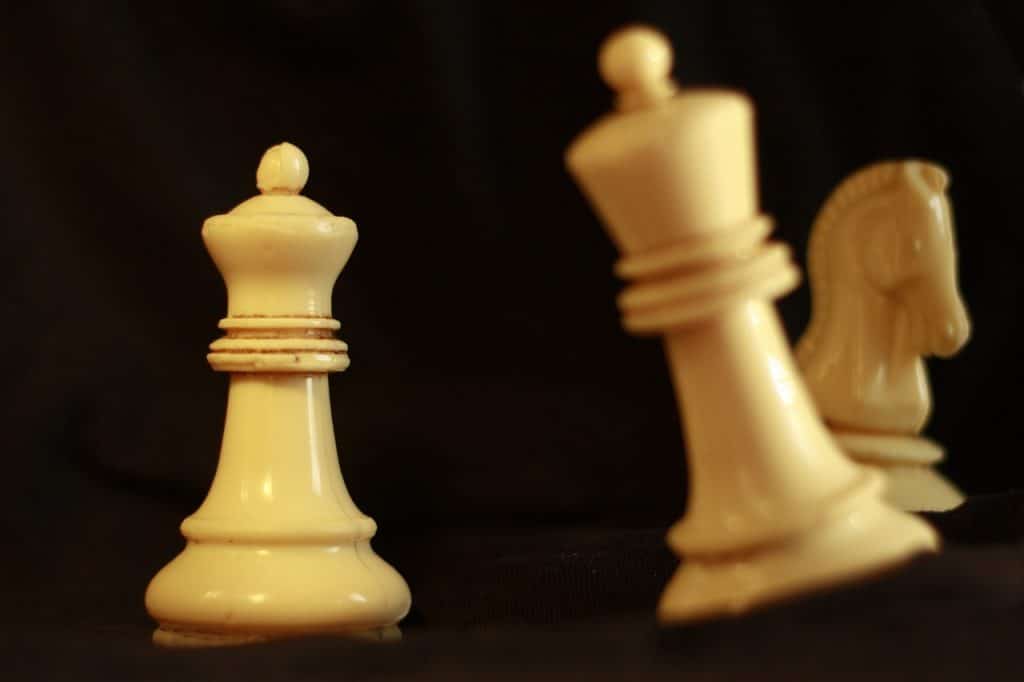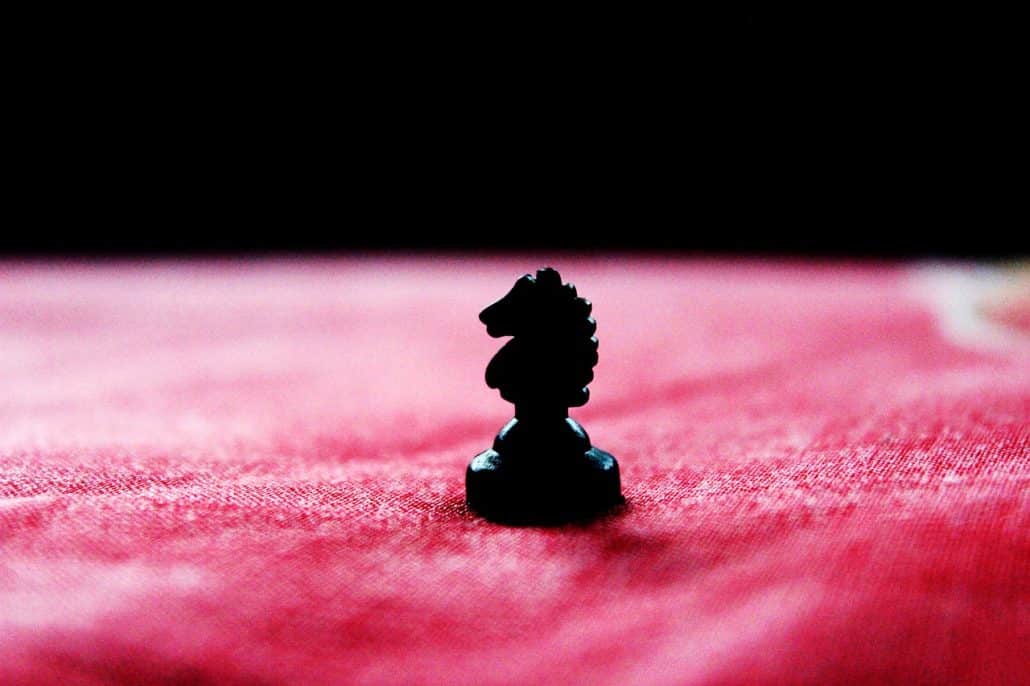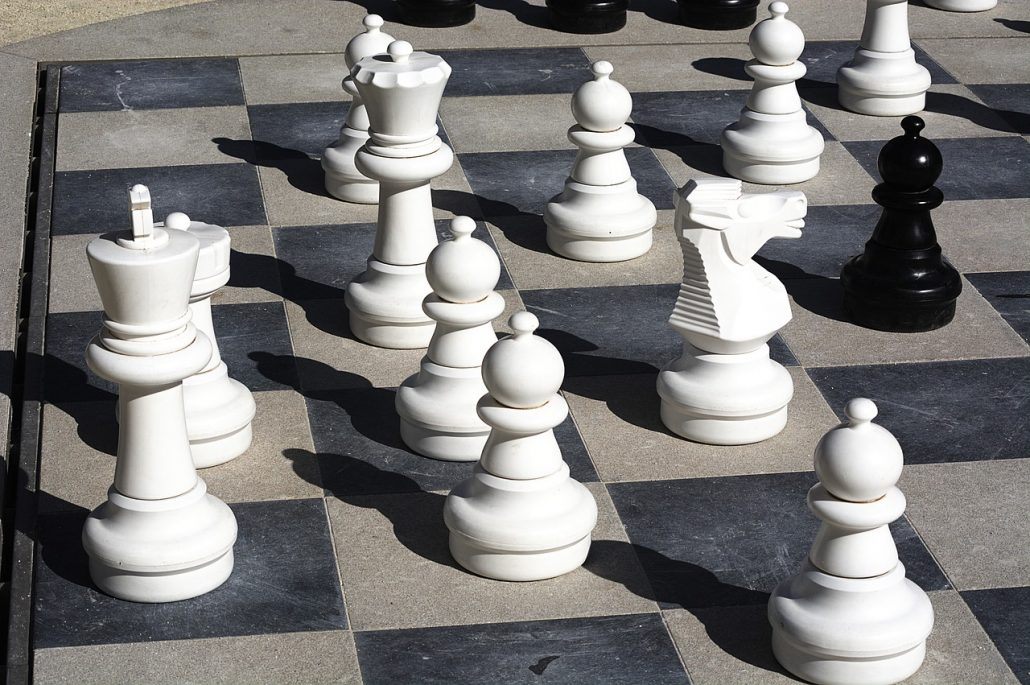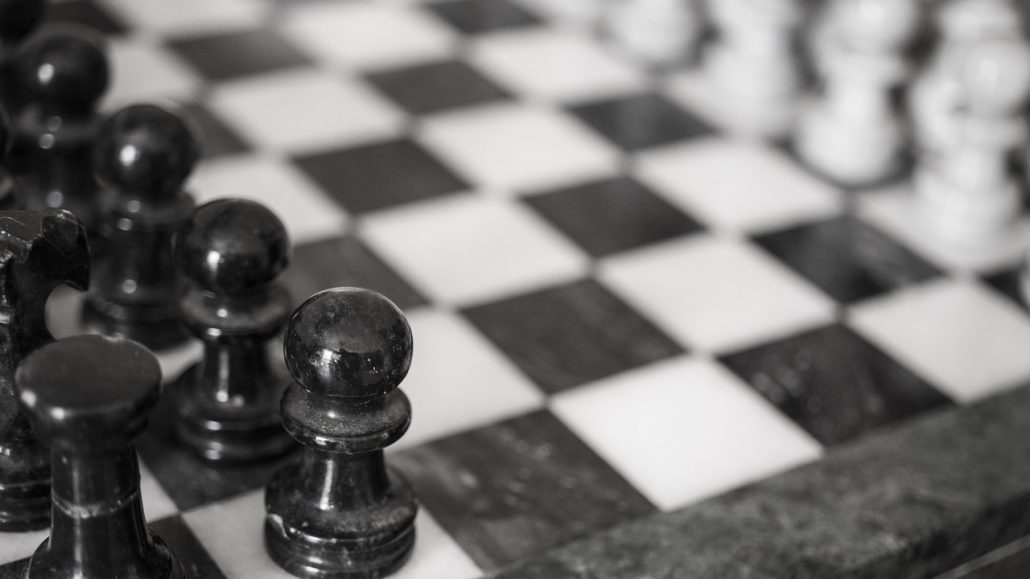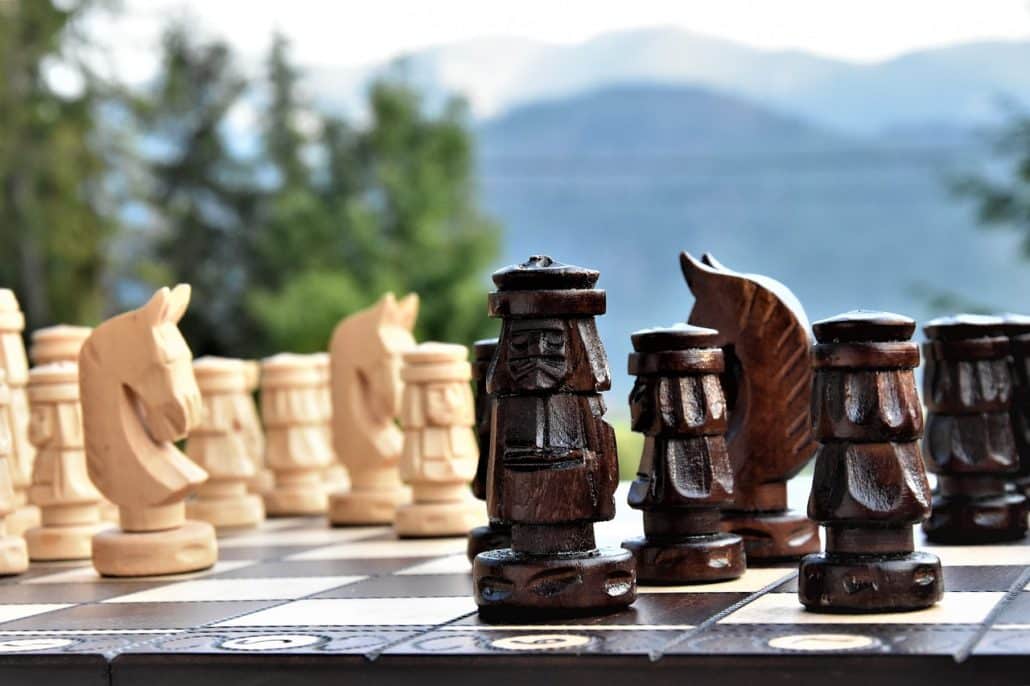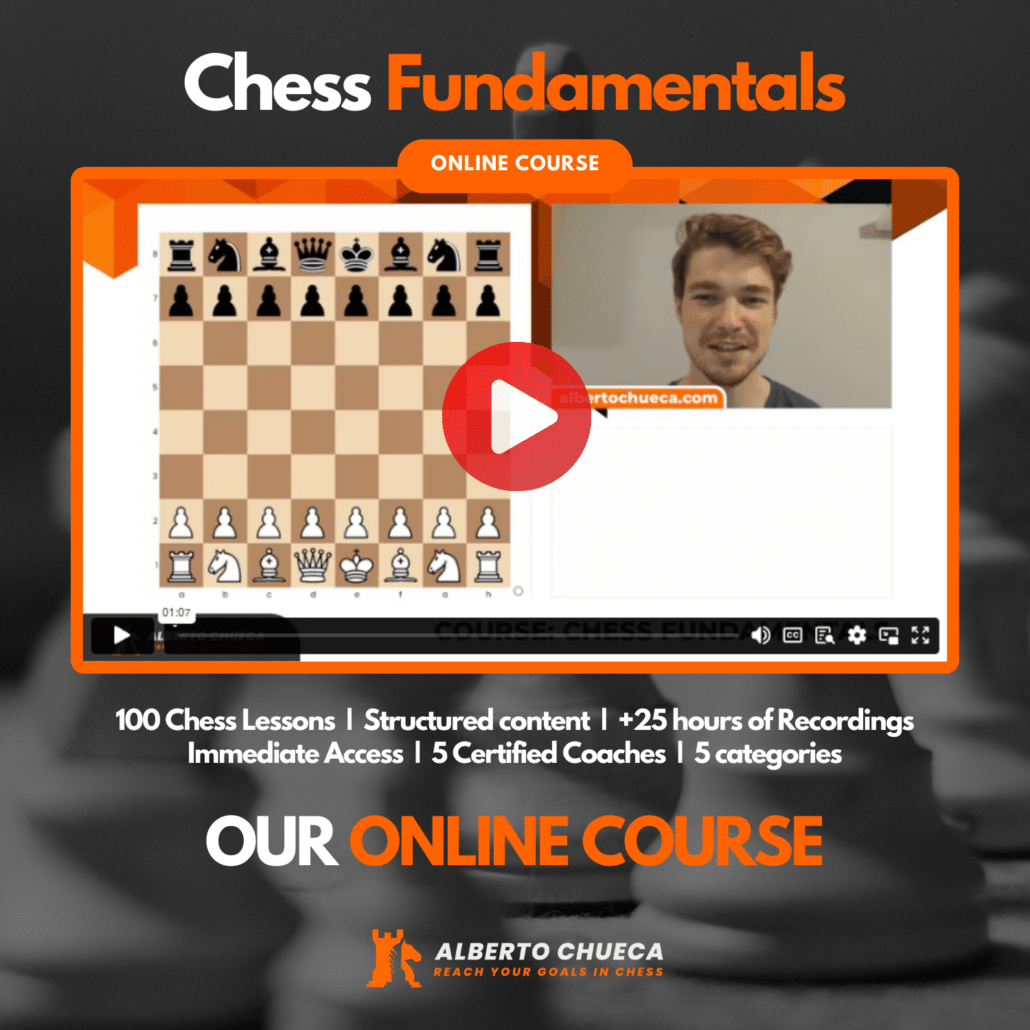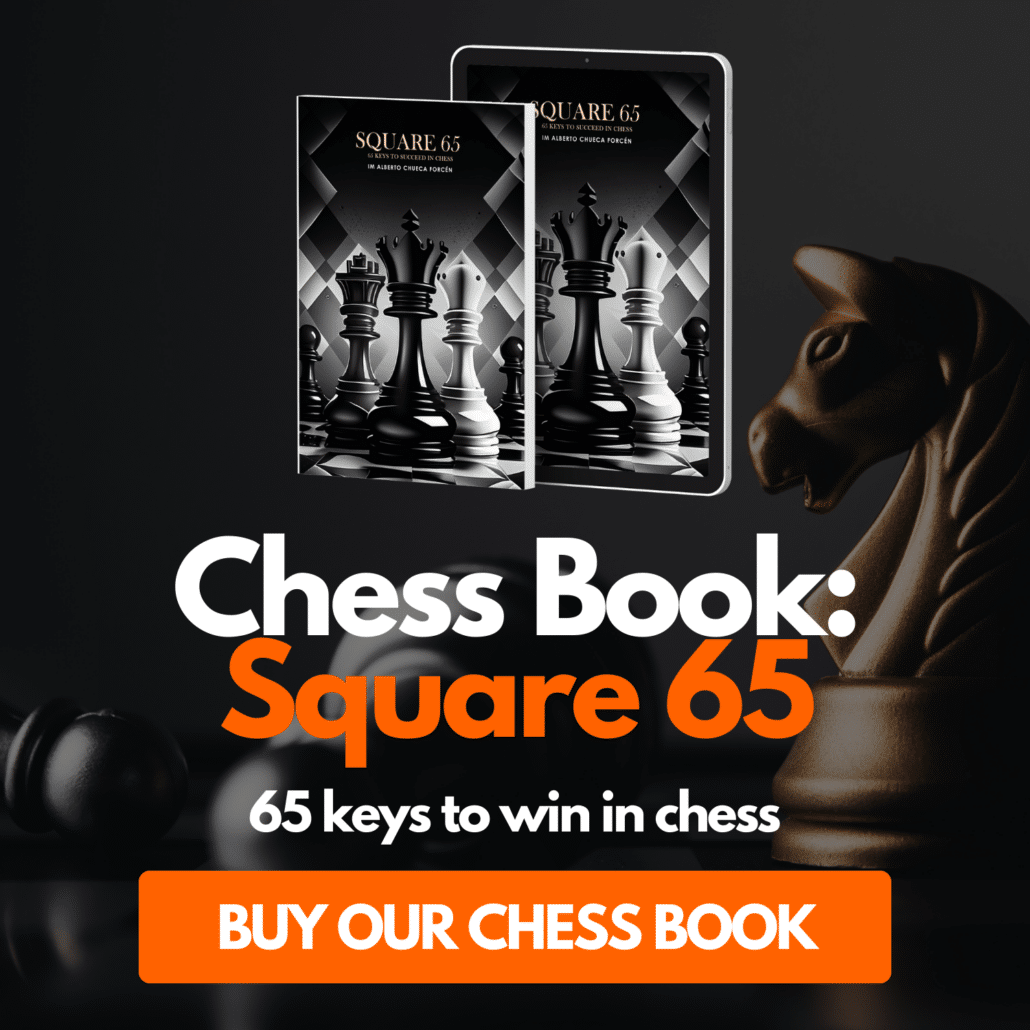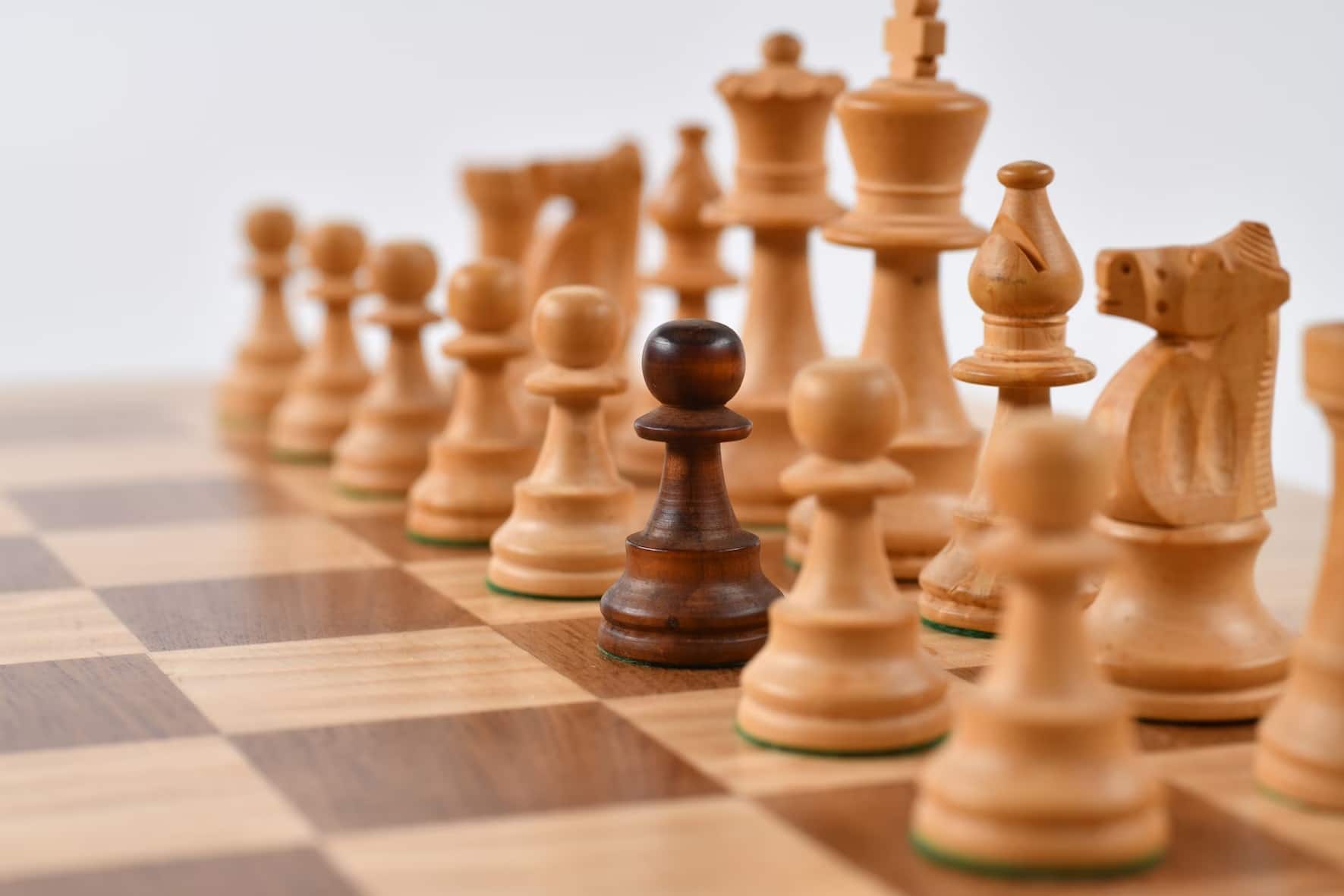Table of Contents
What is the overprotection in chess?
Chess over protection is an old concept that was brought to chess first by the legendary Aron Nimzowitsch. Overprotection consists of protecting one point of piece or square of the board to get the maximum use out of this.
Nimzowitsch had a principle, in which he stated that he could win games following this principle. However, there is no clear way actually exploit this factor in chess.
This is a pretty polemic topic to talk about in chess because it has its pros and cons to apply this concept. Mane chess masters don’t agree with Nimzowitsch's philosophy and doubt that this can actually do any good in chess.
I think, as always, is something about styles, that you can use or not use it. If it’s effective or not will depend on your level and also different factors of the position.
Anyway, it seemed to have worked for Nimzowitsch, he was the world champion of his time. Our goal is to analyze the concept of chess overprotection and see if it actually has something good to take out of it.
The middle-game preparation with chess overprotection
In the middle game is important to know how to apply the over protection. It’s not something about pure chess over protection, it’s related to common sense in chess.
Overprotection is applied on strong points of the board as Nimzowitsch himself stated in his book “My System”. For example, an isolated that you are thinking to advance in the future.
Use all of your pieces to protect this point and also to prevent the other pieces to attack it. It’s something like prophylaxis, defend before your enemy attacks and you will never have trouble.
From this point of view, chess over protection is quite useful if you ask me, and has several benefits to chess beginners.
However, as with any other principle in chess, it has its exceptions, and in this case, there are so many of them. Using your pieces just for the defense it’s not a good idea if you want to attack.
Even worse, f you have some good attacking chances and you don’t seize them because you are over protecting your pawn. However, from the positional point of view, over-protection can buy you some time to centralize properly.
Important advances from Nimzowitsch
Now, many things have been already improved from the times of Nimzowitsch. Many of the concepts that he has put into his books have evolved, and are applied now, but not at the same level.
The method has changed, the concepts were never really wrong, there were just incomplete. For this point, we have to understand that things change and evolve, the same with chess concepts and principles.
Chess overprotection is a good principle, that we can see reflected in many masters’ games. However, this is not applied in all of the cases and is not the most important concept to pay attention to.
Preventing your opponents’ plans before they happen is a great chess skill that surely will achieve some wins. We could say over protection is inside this method, defending before my opponent attacks.
But in this case, chess overprotection is not really a concept or principle, is more like a technique. Is something “extra” is not definitive by itself, nevertheless it has its importance and we must not overlook it.
But it’s not something we should invest a lot of time on, it’s something that, I think, any chess players develop over time by common sense.
The psychological role of over protection
Chess overprotection can surely report you some wins and also give you quite some ideas about prophylaxis. Something that holds hands with the art of preventing your opponent’s plans.
This is why we could say it plays an important psychological role, in every chess game we see it. Once you over-protect a pawn, for example, it can cause many things to happen with your opponent.
We can describe the process simple, and we could put it into steps to see how chess over protection works:
- First, you defend your pawn or potential square that both players are fighting to control.
- Once you have taken over the square securing his total dominance, you can now place pieces on it, or have some activity out of that.
- If your opponent was fiercely fighting over the control of this square, once you take it, it will force him to create a different plan
- Then, you can play again with the same concept, and preventing the plans of your opponent will cause him frustration
As Bobby Fischer used to say “chess is mental torture”. Torturing your opponent until he has no brainpower and beat him up is a nice strategy to follow.
This “torture” is nothing more than these psychological “hits” of leaving him without a plan or something else.
Is it worth studying over protection?
I think chess over protection must not be studied like an imperative chess concept. Things have changed since Nimzowitsch released his book, and not only this, but many principles you can find there don’t apply anymore.
This is simple chess evolution and it will happen over time with most of the chess concepts that there is now. Also, teaching this to students might not be the best foundation to develop aggressive and active play.
Which is dominating chess nowadays, the activity, counter-attack and fighting for the initiative at all costs. Chess over protection must be taken for the students like a concept of common sense.
And even if you don’t teach that in your lessons nowadays, students will figure it out on their own, with no much effort.
You may also like:
The Chess Grandmaster Who is Also A Nuclear Physicist: Vladimir Malakhov
The Best Ways to Introduce Chess to Children
7 Things to Consider Before You Let Your Child Play Chess Online

